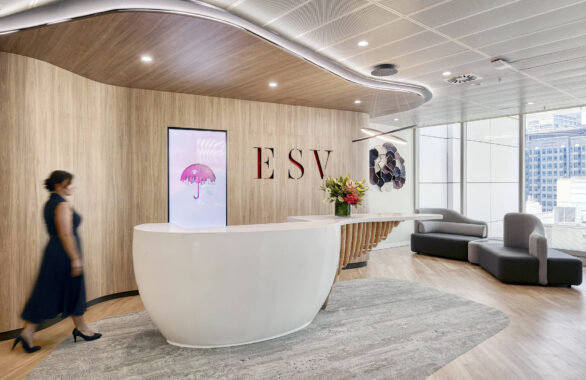Generally speaking, outside of the family home, superannuation is an individual’s second largest source of wealth. To the quarter ended June 2024, the Australian Prudential Regulation Authority (APRA) has determined that the total value of superannuation assets to be $3.92 trillion with just shy of $1 trillion in assets held by Self Managed-Superannuation Funds (SMSF).
Trustees of SMSF’s are generally prohibited from borrowing funds. However, an exception to this prohibition is the ability to establish a Limited Recourse Borrowing Arrangement (LRBA) to acquire a single asset. As a result, trustees have the ability to utilise LRBAs to achieve their investment, financial and taxation goals provided that the asset acquired is aligned with their Investment Strategy.
How do LRBAs operate in practice?
Subject to the specific rules outlined within Sec 67A of the SIS Act, trustees have the ability to borrow funds from a third-party lender to acquire a single asset which is to be held within a separate trust (also known as a Bare Trust). This Bare Trust holds the asset on behalf of the SMSF.
All investment earnings generated by the asset acquired under an LRBA are received by the trustee of the SMSF. Loan repayments to the third-party lender are also the responsibility of the trustee.
This structure allows the SMSF borrowing rules to be adhered to as the Bare Trust limits the lender’s rights to the single asset held in the Bare Trust in the event of an inability to repay the loan – put simply there is there is no recourse to other assets held within the SMSF. This provides a layer of protection against the other assets within the SMSF.
LRBA – Associated risks
Whilst a LRBA arrangement may enable trustees to acquire assets that they would not ordinarily acquire or alternatively reach their financial goals potentially sooner – there are a number of underlying matters to consider – some of these matters are listed below:
– Interest rate-risk – trustees are subject to fluctuations in interest rates
– Investment risk – is the asset being acquired a good quality asset?
- Changes in legislation – change to rules within the SIS Act or from a taxation perspective may make a once great investment become an average performer
Whilst ESV is able to assist with the establishment and implementation of the documents associated with an Limited Recourse Borrowing Arrangement the use of such a mechanism should be consulted with a financial advisor.
Making an informed decision
Given that the ultimate responsibility and onus is on the trustee to make informed decisions, it is imperative that trustees understand and determine if their SMSF is able to support an LRBA arrangement.
Trustees need to know if the governing rules of the SMSF which are outlined in the trust deed allow the fund to borrow via an LRBA, and if so, can the loan be supported by the income generated by the fund. Another key consideration, as mentioned earlier, is if the asset to be acquired is in line with the current investment strategy on hand.
As you can appreciate navigating superannuation rules in an ever-changing landscape is complex and challenging. We encourage trustees to seek appropriate taxation and investment advice when considering whether an LRBA is right for the members of a SMSF.
If you have any questions on the matters outlined above, please reach out to your Engagement Partner.
Disclaimer: ESV Business advice and accounting only provides structuring and taxation advisory services. The information found within this article has been provided as general advice only. The contents have been prepared without taking account of your objectives, financial situation or needs. You should, before you make any decision regarding any information or strategies mentioned within this document, consult your own financial advisor to consider whether it is appropriate having regard to your own objectives, financial situation and needs. Neither ESV Business advice and accounting nor any of the individual partners or employees of ESV Business advice and accounting hold an Australian financial services licence.





